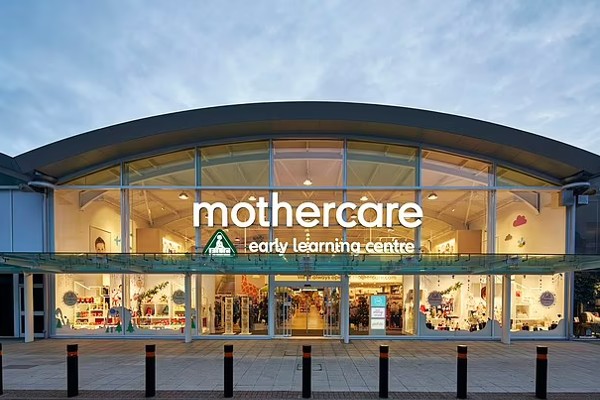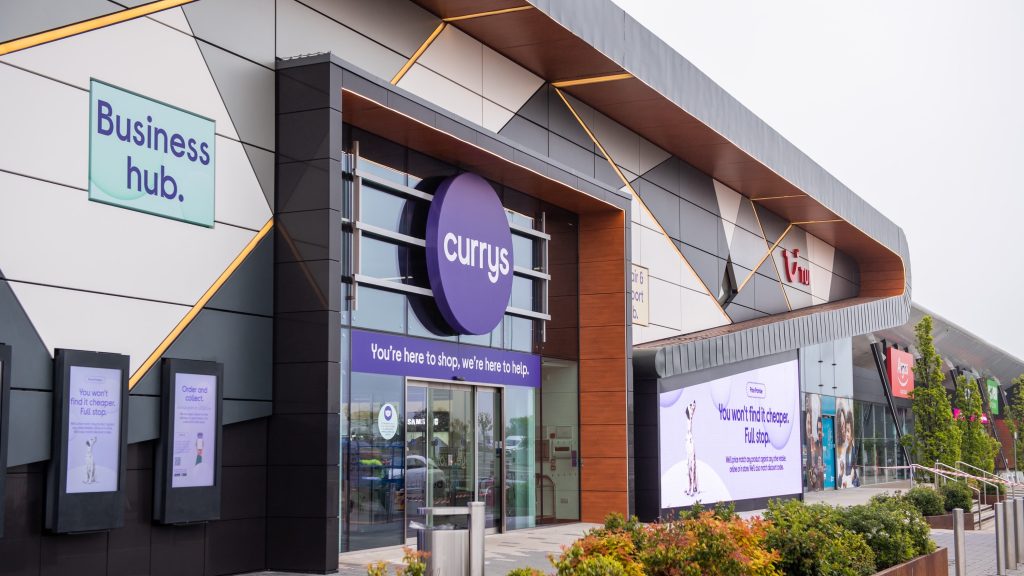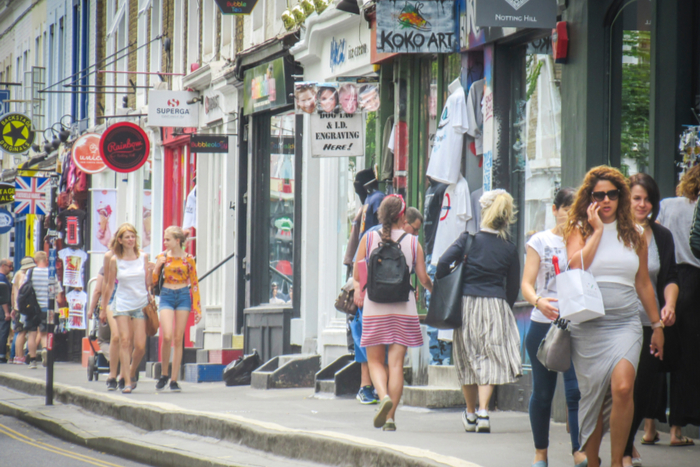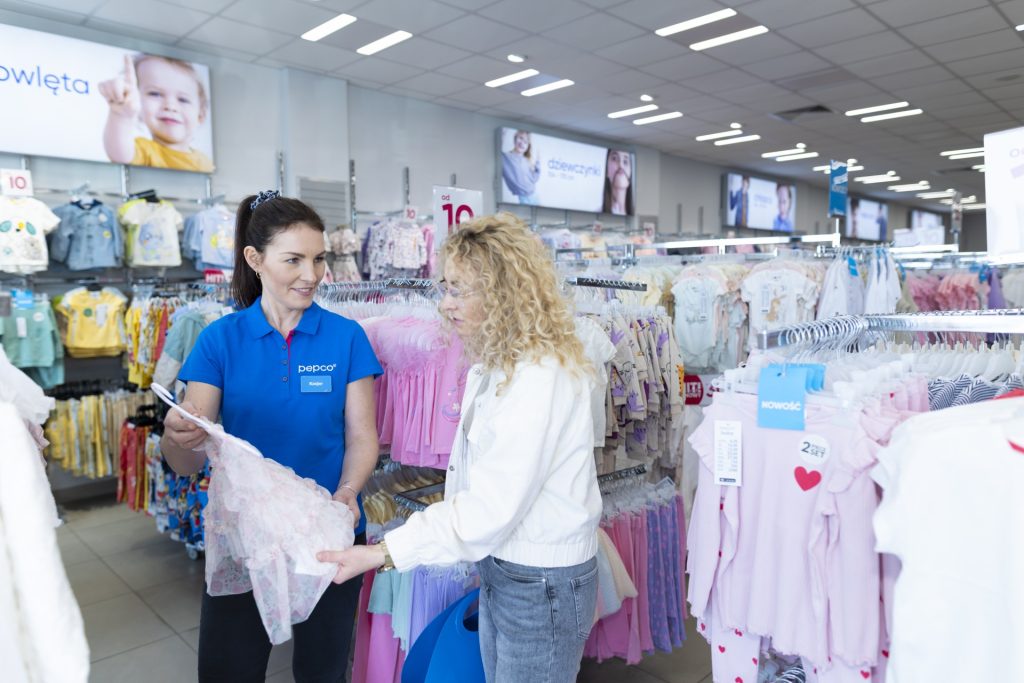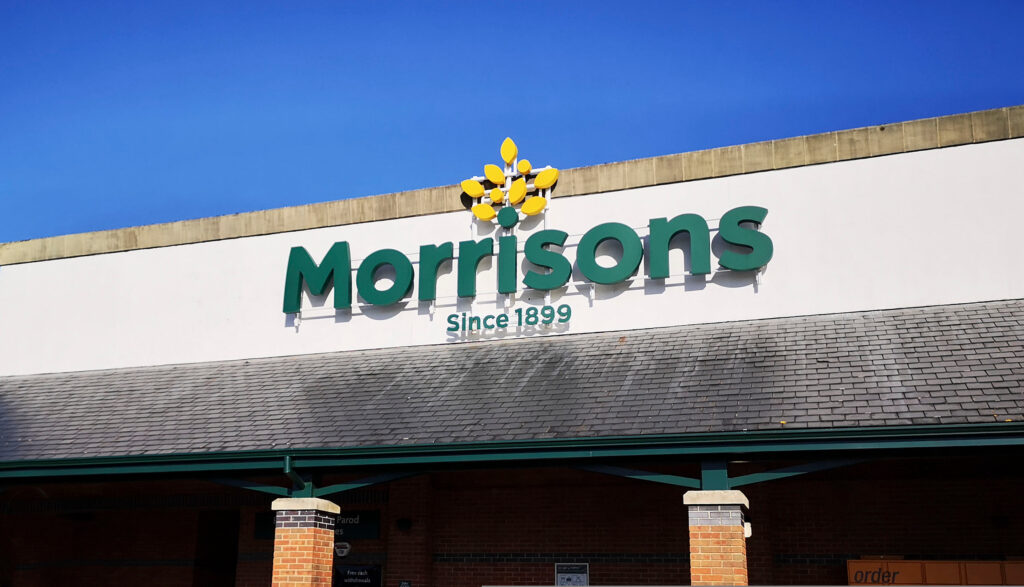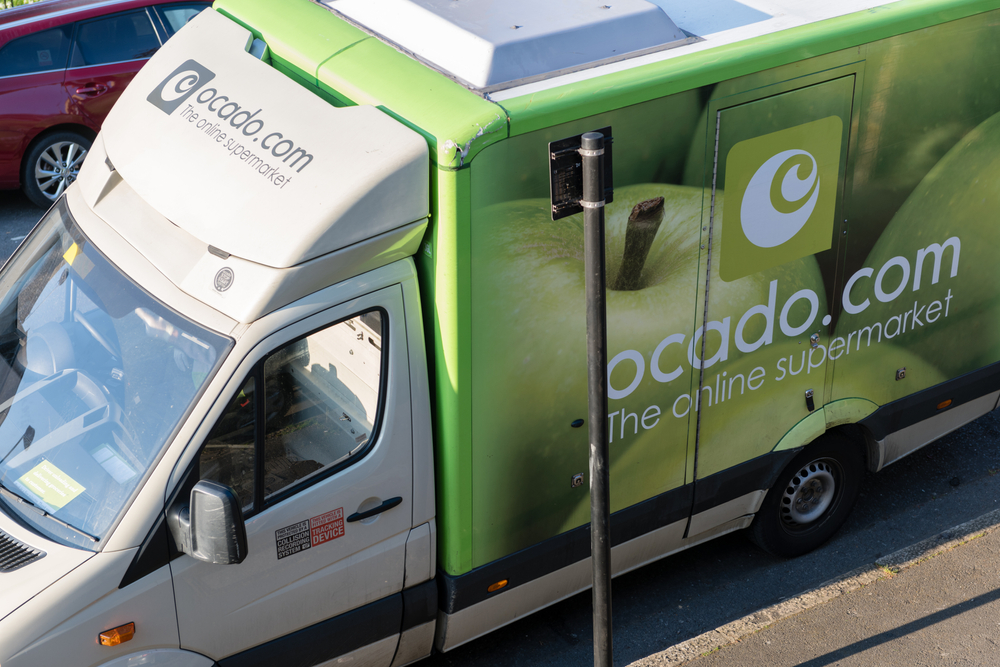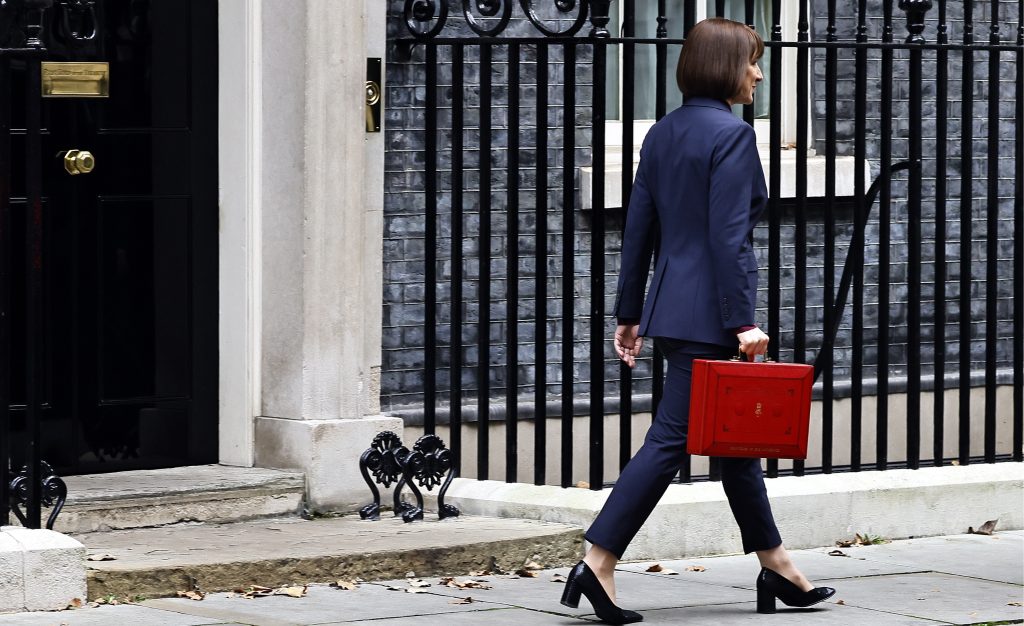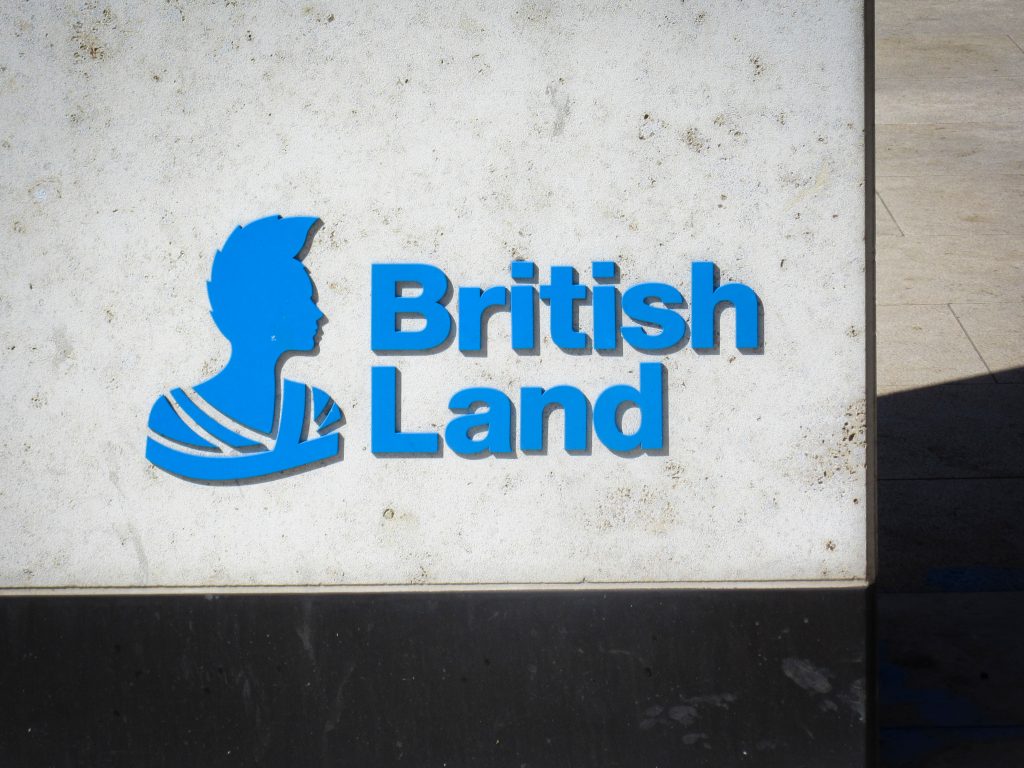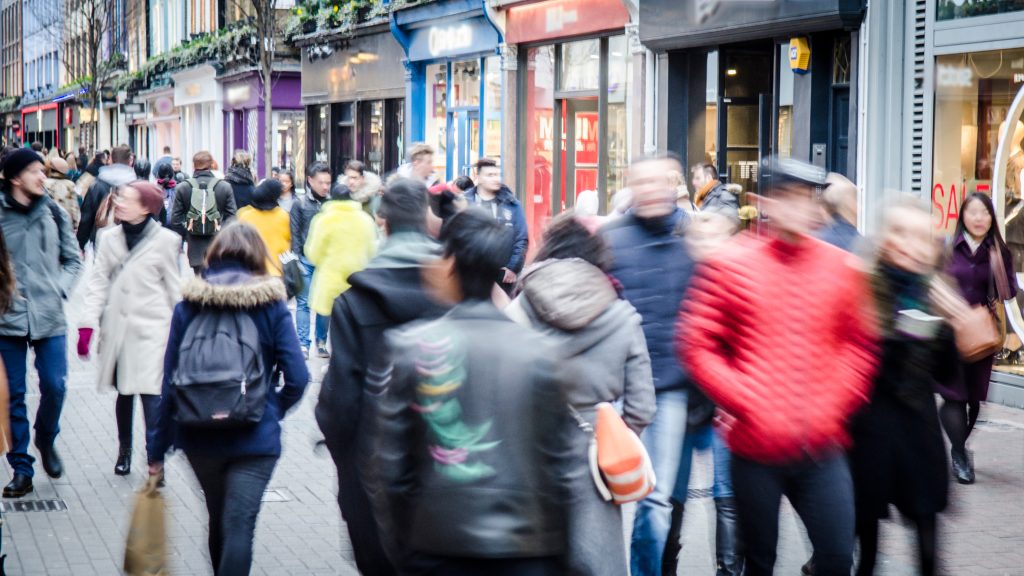As 2013 comes to a close, now is a good time to reflect not only on the major trends we have seen emerge over the last 12 months, but also to consider the effect they‘ll have on the industry during the year ahead. I‘ve never been one for meaningless future-gazing; however some of the trends from 2013 have been so significant that I‘m quite confident we can predict the impact they‘ll have over the coming months.
The mobile effect
If I had to sum up 2013 in one word, it would have to be ‘mobile‘. The technology is far from new, but thanks to the huge strides retailers have taken in creating engaging, intuitive and user friendly mobile sites, the last 12 months have witnessed m-commerce take a leading role in the shopping experience. In fact, back in September, IMRG and Capgemini revealed a tipping point had been reached in online retail, with all online growth now coming from sales via smartphones and tablet devices.
Such is the impact of mobile IMRG and Capgemini have comfortably predicted that nearly £3 billion will be spent through mobile devices on UK retail sites this December. This is more than twice as much as last year and is based on a year of consistently strong growth for mobile, with sales through the channel currently accounting for 27% of online retail sales and 38% of retail site visits.
When we consider what impact mobile might have in 2014, we cannot ignore the introduction of Tesco‘s Hudl and Argos‘ ‘MyTablet‘. These budget devices were launched just a few months ago and their influence next year, as with other introductory tablets, will be extraordinary.
Way back in January I hosted a roundtable attended by a number of the UK‘s leading retailers and journalists during which we discussed the role of the tablet device and their influence on the sector. After several minutes of ‘iPad this and iPad that‘, one of the national tabloid‘s retail correspondents made a very valid observation. He explained that whilst no one could deny the influence of the iPad, starting at around £400 it was a very expensive luxury, one that is firmly out of reach for a large percentage of the country and millions of his readers. Thanks to the likes of Tesco and Argos, which are selling viable alternatives for £119 and £99 respectively, that is no longer the case. We can safely predict that millions of these budget tablets will be wrapped up under the tree this Christmas and in turn we can comfortably predict that m-commerce growth is set to rocket in 2014.
Interestingly, whilst tablet devices account for 85% of mobile sales year-to-date, smartphones have seen a greater rate of growth, increasing 210% year-on-year, compared with 130% for tablets during Q2 2013 over Q2 2012. Many of the retailers I speak to have reported that in terms of defining mobile technology, the lines are becoming increasingly blurred as tablets become smaller, smartphones are getting larger and laptops can be converted to tablet devices.
Falling prices aren‘t the only notable developments we‘ve seen with mobile. Major strides in mobile technology such as location based services, digital wallets and mobile coupons, have all played an important role in helping drive growth in the channel. Mobile has become a vital component in the communication channel between retailers and customers and their significance in 2014 is only set to grow.
As well as playing a key role in reinventing traditional loyalty programs with more a more sophisticated approach to engaging with customers, the advancements in technology will be vital in reenergising the high-street as retailers begin to see more opportunities in bridging the gap between location and mobile. Brands will be able to create compelling mobile campaigns that promote in-store engagement by sending personalised and exciting one-to-one consumer messages announcing new products or promotions.
At the upper en





